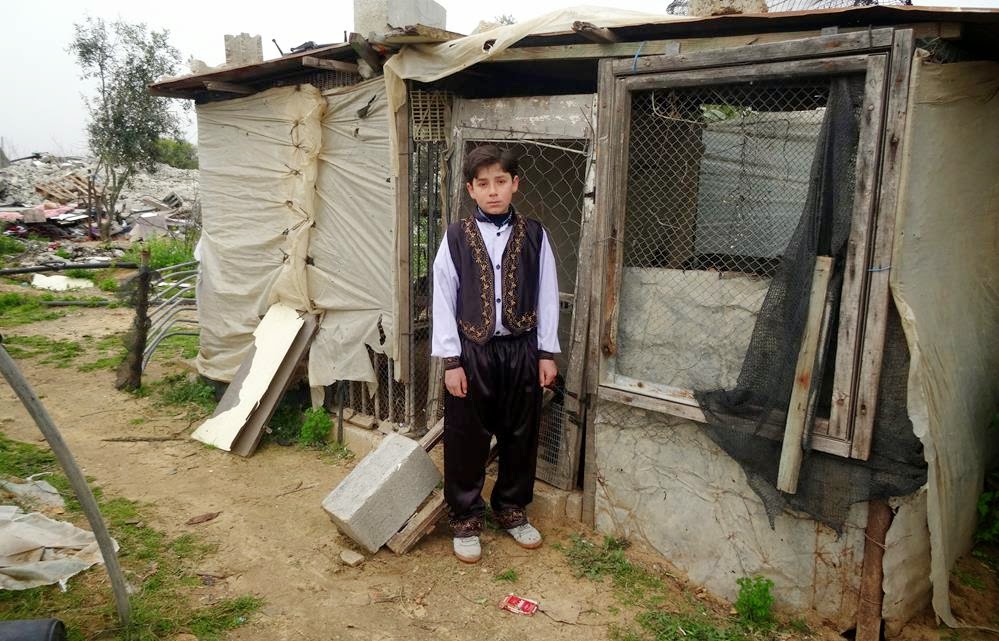A couple of years ago Maysa Al Hosomi (now 28 years old) was desperate. She had three beautiful little girls and her husband was finding occasional work; they were surviving but by no means could you say they were thriving. But, Maysa was determined to be able to provide better for her girls and she was not going to sit around waiting for handouts. She heard about a local women’s Community Based Organisation (CBO) that was operating in her neighbourhood and went calling on them to find out what they did and who they did it for.
As a result of this introduction she was invited to participate in some training sessions including entrepreneurship for women, income generation and Mental Health and Psychosocial Support (MHPSS). Following these trainings she put a table outside her house and sold some basic grocery items. But, having got a taste for some possibilities, she was dreaming much bigger, so she approached our staff to find out what she could do next. Her dream was to open a grocery store and after presenting a business case she was accepted into the Youth Entrepreneurs program. This partnership required her to be able to provide the space for her shop, with that our partners would assist with some of the basic shop fittings, (shelving, counter and a fridge).
Today the front room of her house is a clean, well organised, well stocked store selling all kinds of daily necessities and some luxuries. In the couple of years that she has been operating she has used her profit to buy a freezer which she stocks with fish as her community is a distance from the coast; she has purchased a second drinks fridge which is stocked with all the usuals; and she has computerized her accounts by teaching herself Excel and training her husband how to use the system.
Maysa and Mohammed are by no means rich, but as a result of a small investment from Sponsors and Maysa's hard work and determination to thrive, they make a ‘nice profit’ and are able to provide for their (now) four girls.
Video Translation:
As a result of this introduction she was invited to participate in some training sessions including entrepreneurship for women, income generation and Mental Health and Psychosocial Support (MHPSS). Following these trainings she put a table outside her house and sold some basic grocery items. But, having got a taste for some possibilities, she was dreaming much bigger, so she approached our staff to find out what she could do next. Her dream was to open a grocery store and after presenting a business case she was accepted into the Youth Entrepreneurs program. This partnership required her to be able to provide the space for her shop, with that our partners would assist with some of the basic shop fittings, (shelving, counter and a fridge).
Today the front room of her house is a clean, well organised, well stocked store selling all kinds of daily necessities and some luxuries. In the couple of years that she has been operating she has used her profit to buy a freezer which she stocks with fish as her community is a distance from the coast; she has purchased a second drinks fridge which is stocked with all the usuals; and she has computerized her accounts by teaching herself Excel and training her husband how to use the system.
Maysa and Mohammed are by no means rich, but as a result of a small investment from Sponsors and Maysa's hard work and determination to thrive, they make a ‘nice profit’ and are able to provide for their (now) four girls.
Video Translation:
Nour, 12: "Thanks to World Vision for supporting us to have our family small business, this helped our father to buy for us the things we like.”
Safa, 10: "Our father started to bring us nice clothes."
Fatima, 8:“Also, our father now gives me and my sisters’ money every day.”
“Thanks World Vision, we love you so much”





